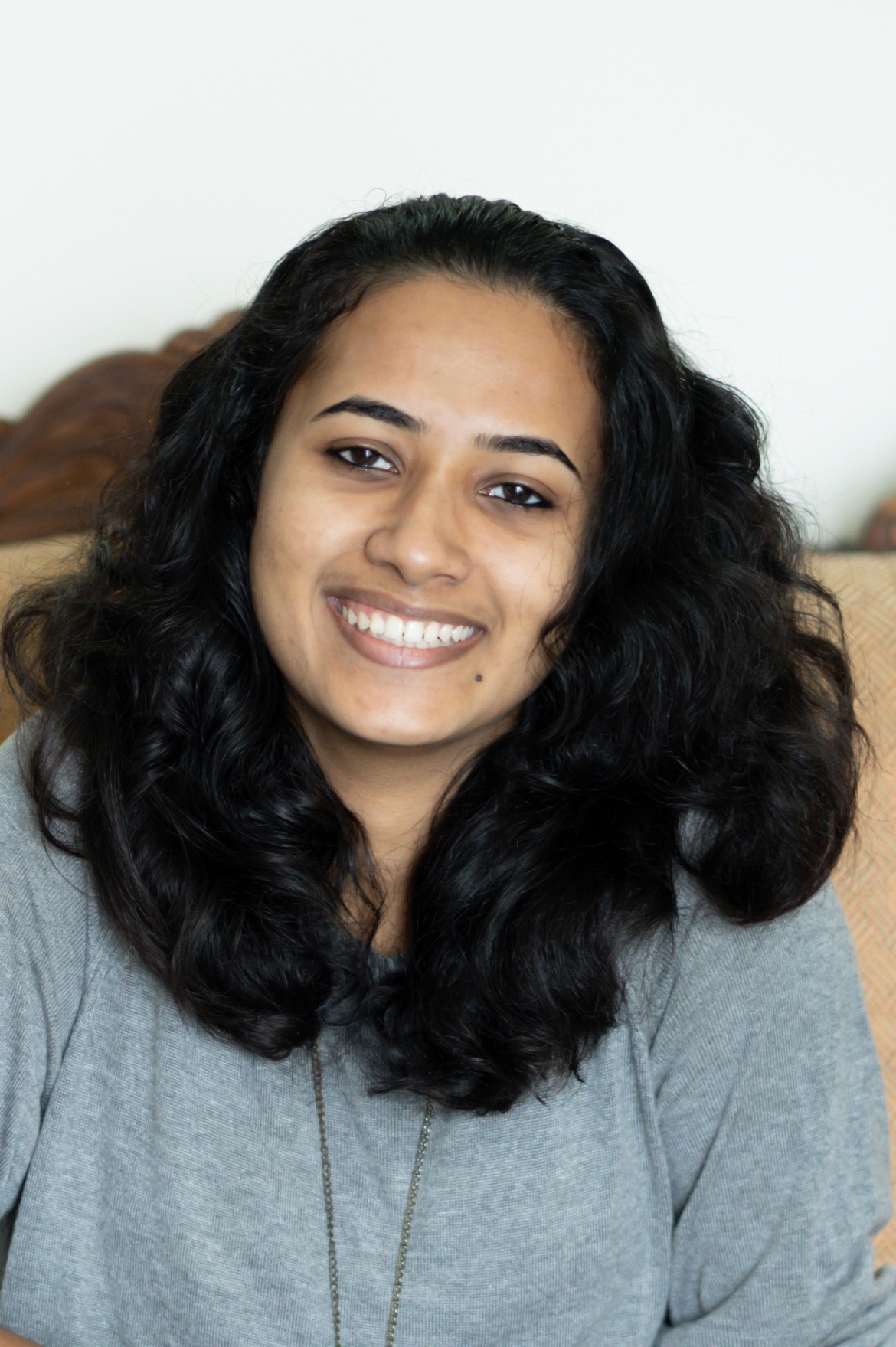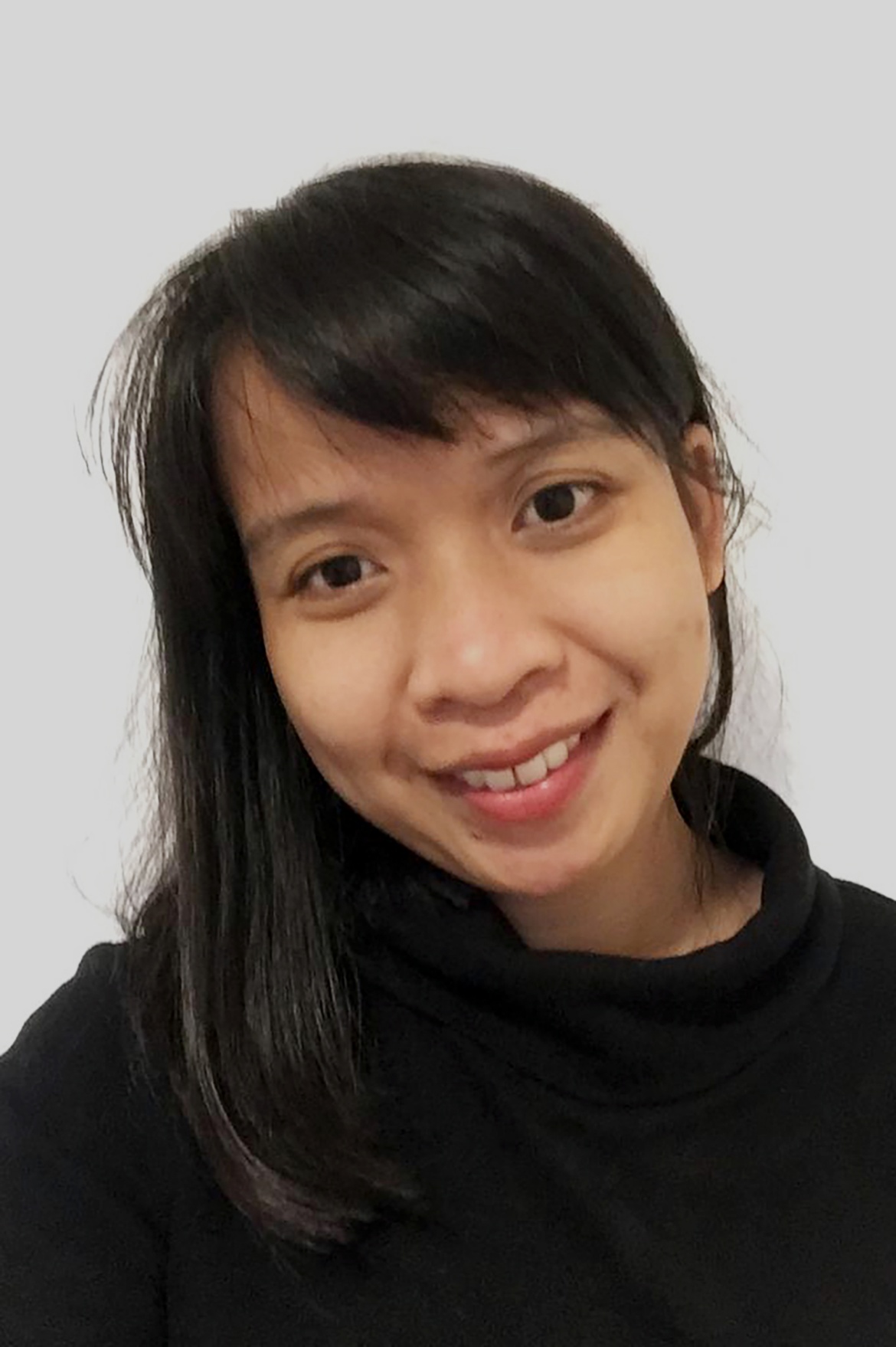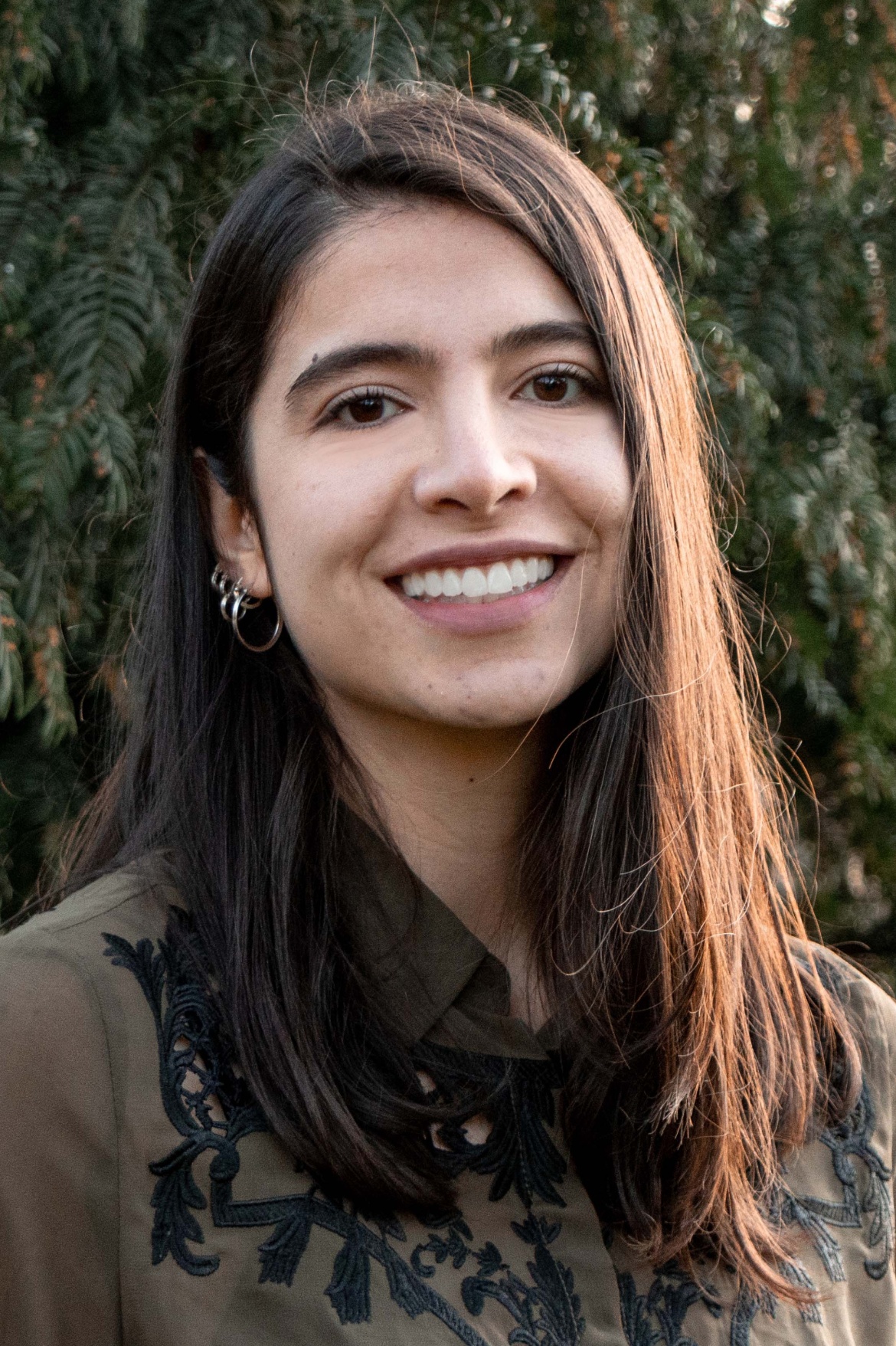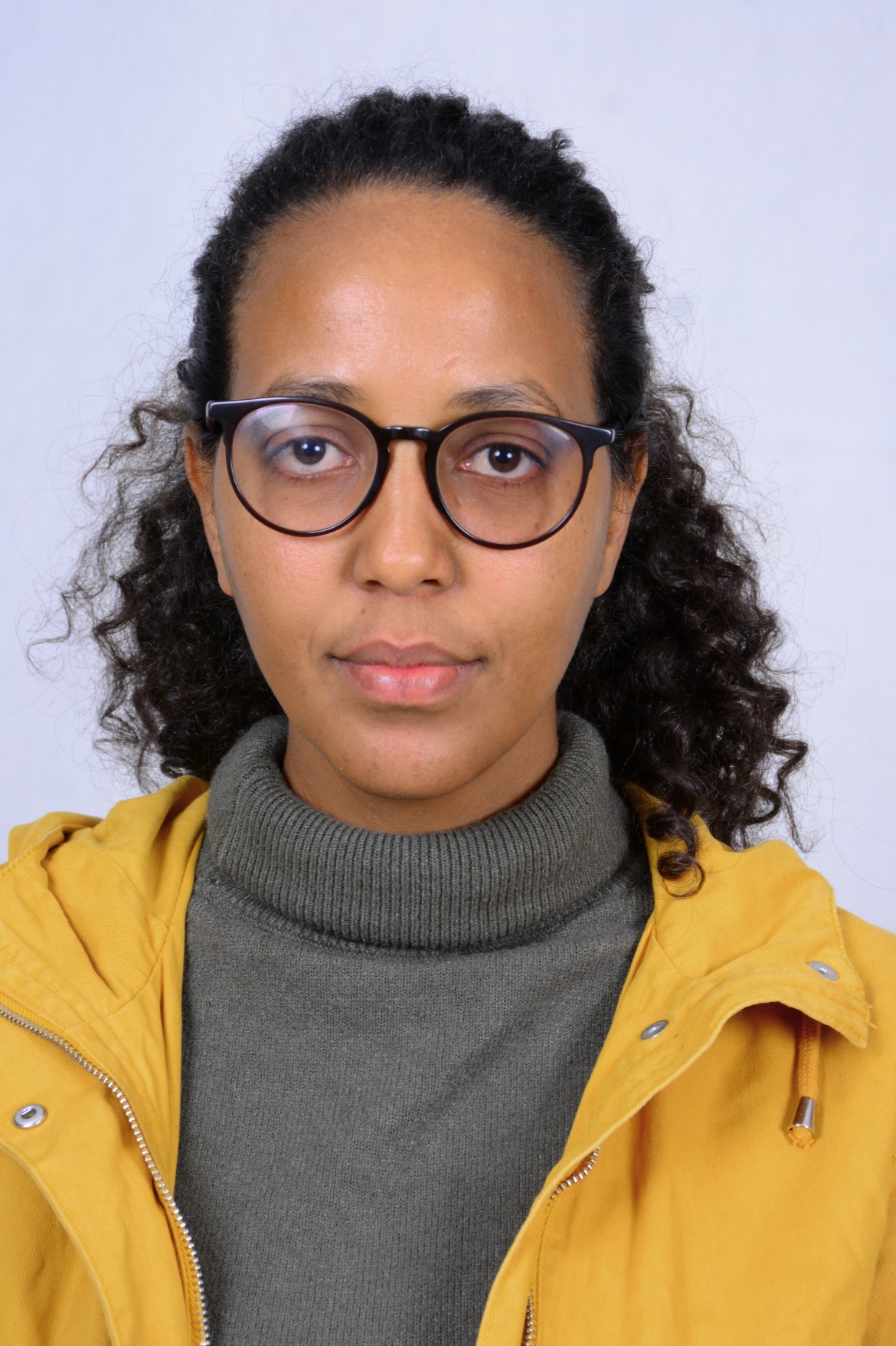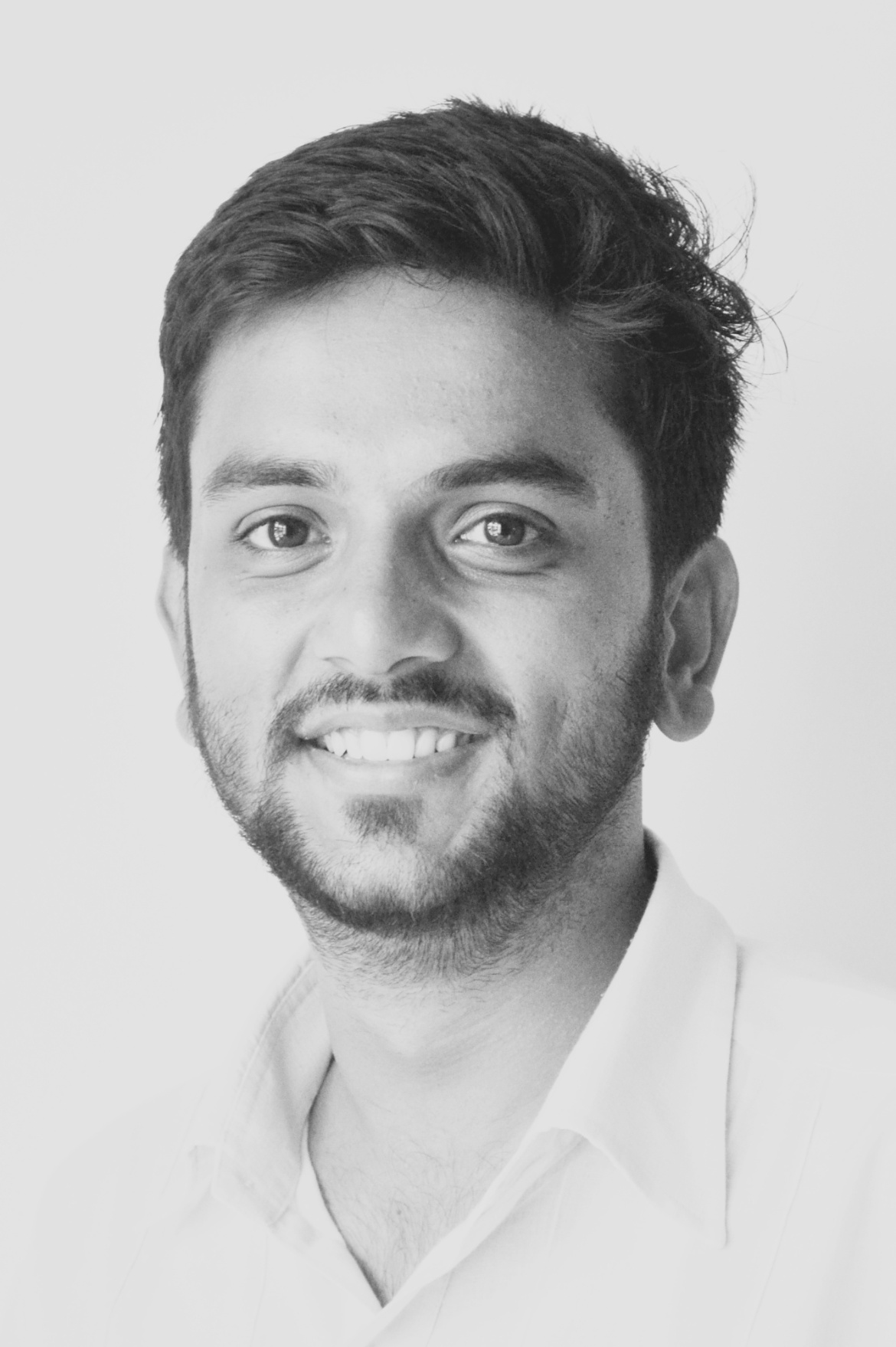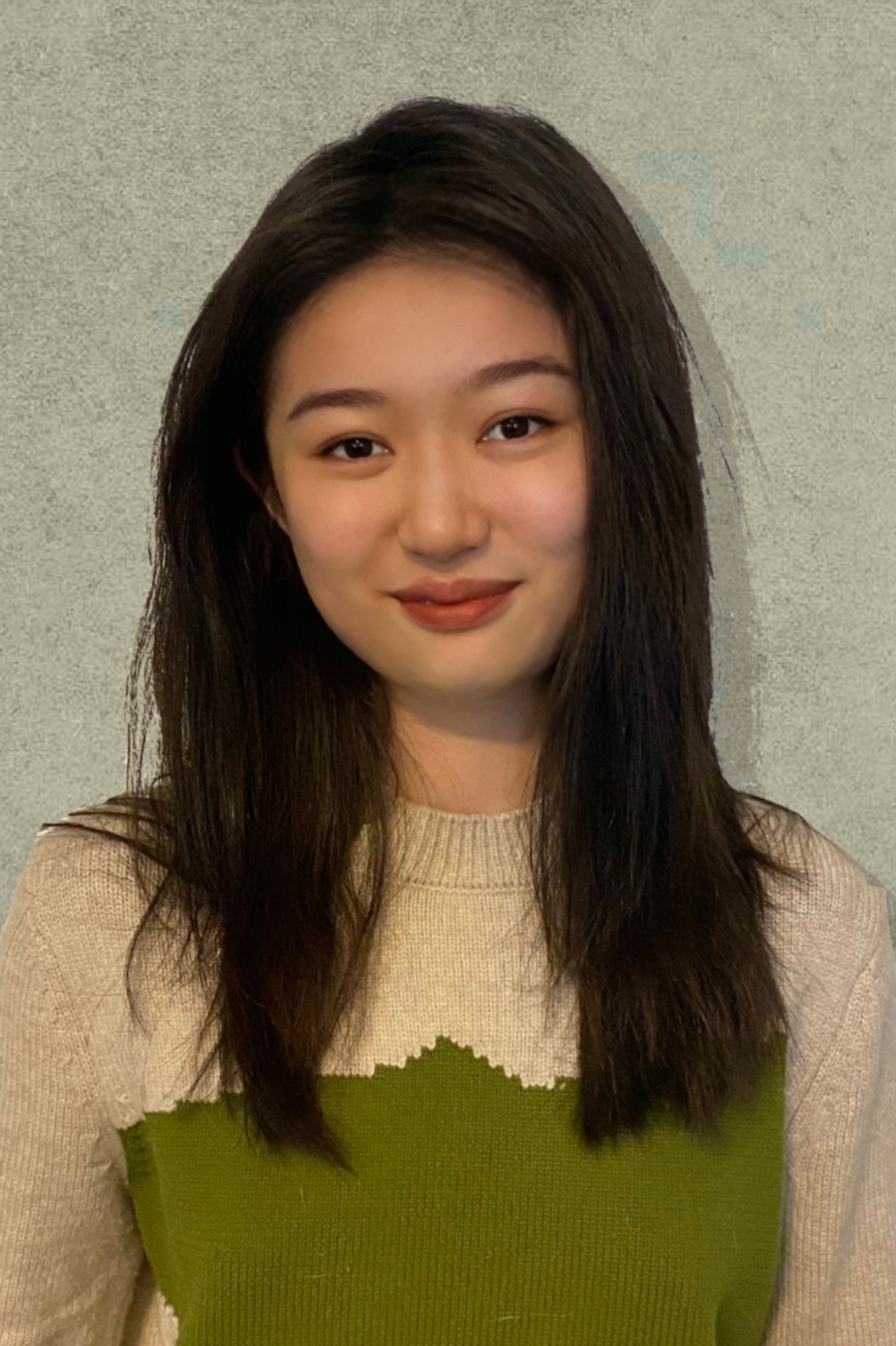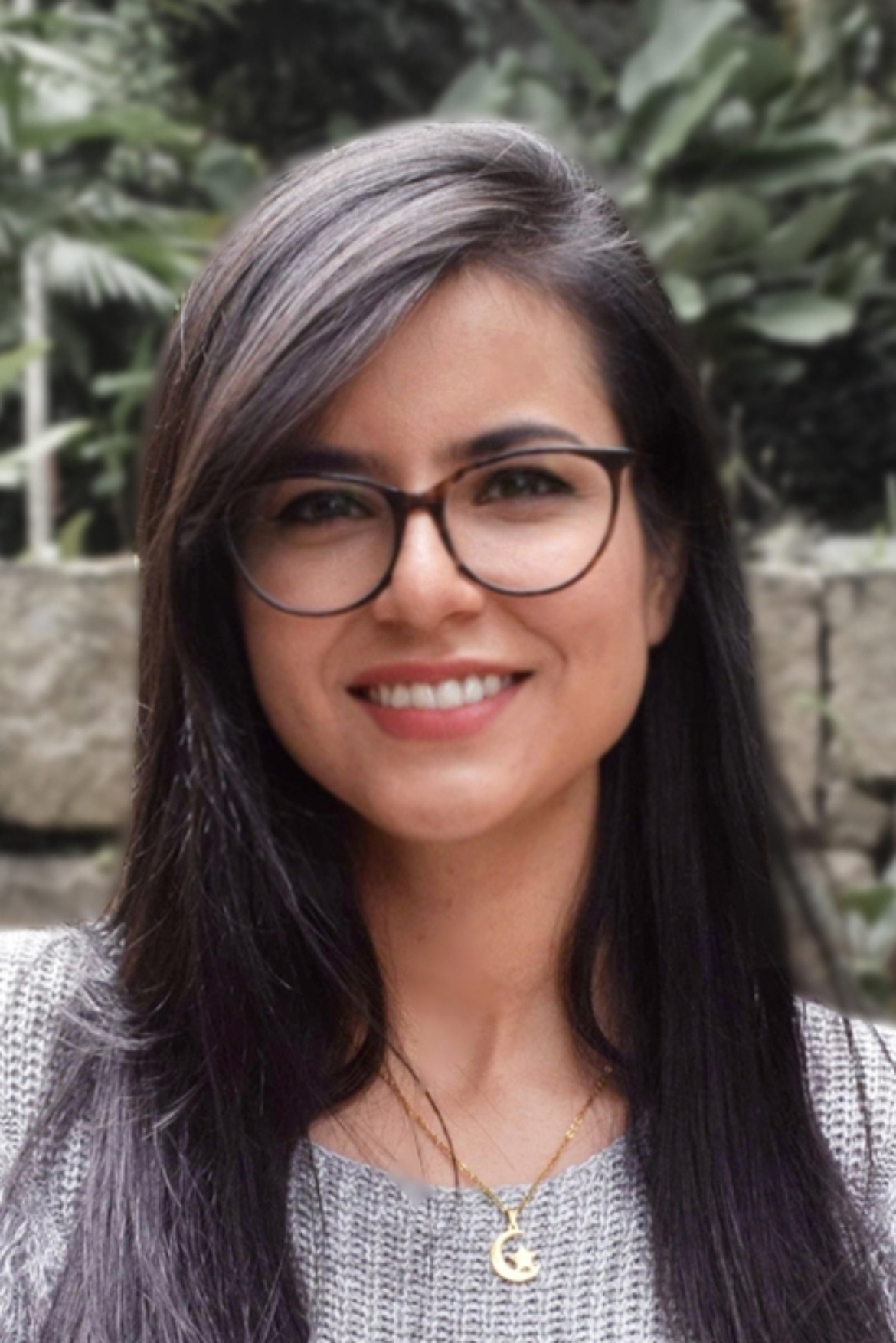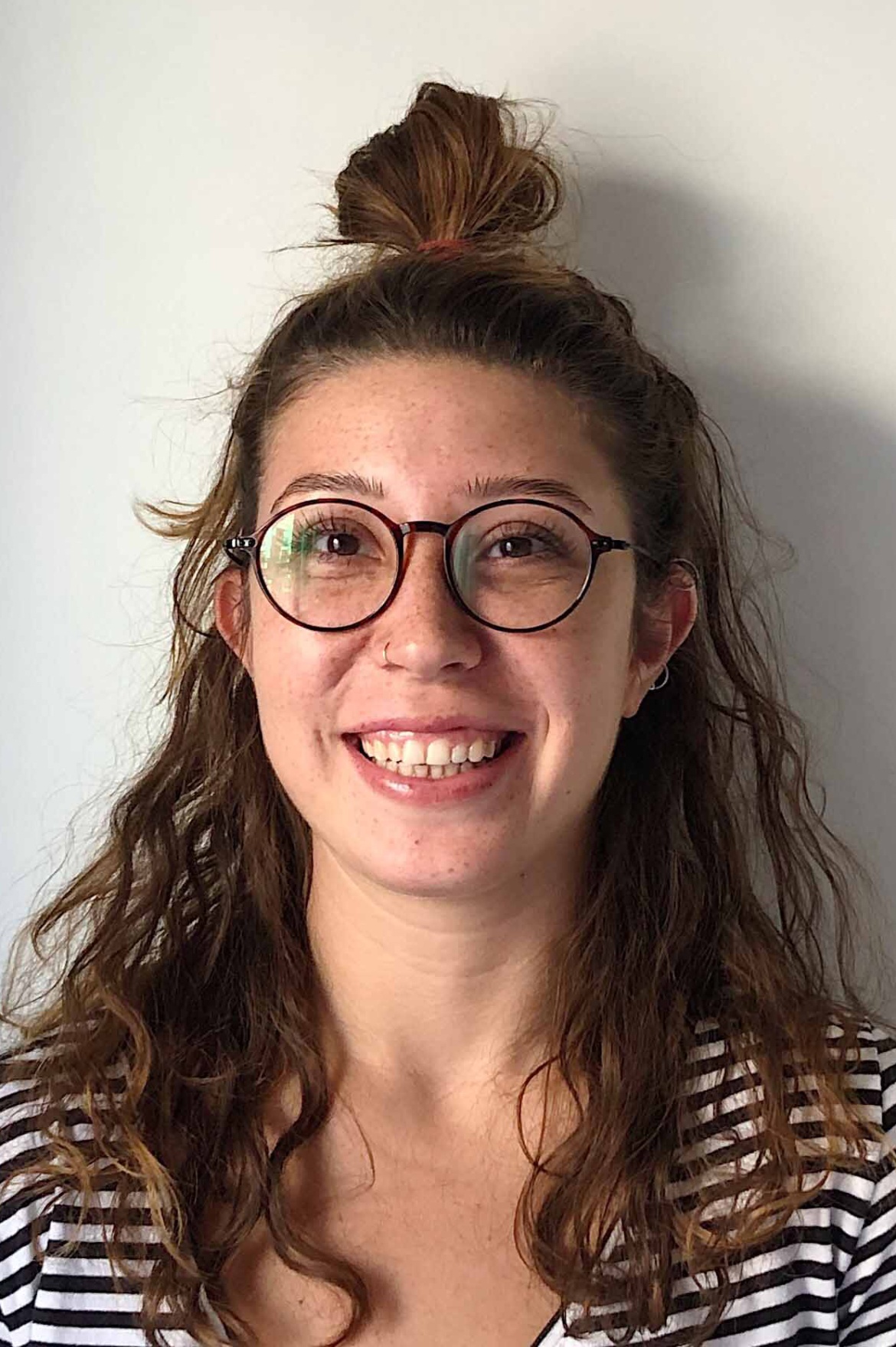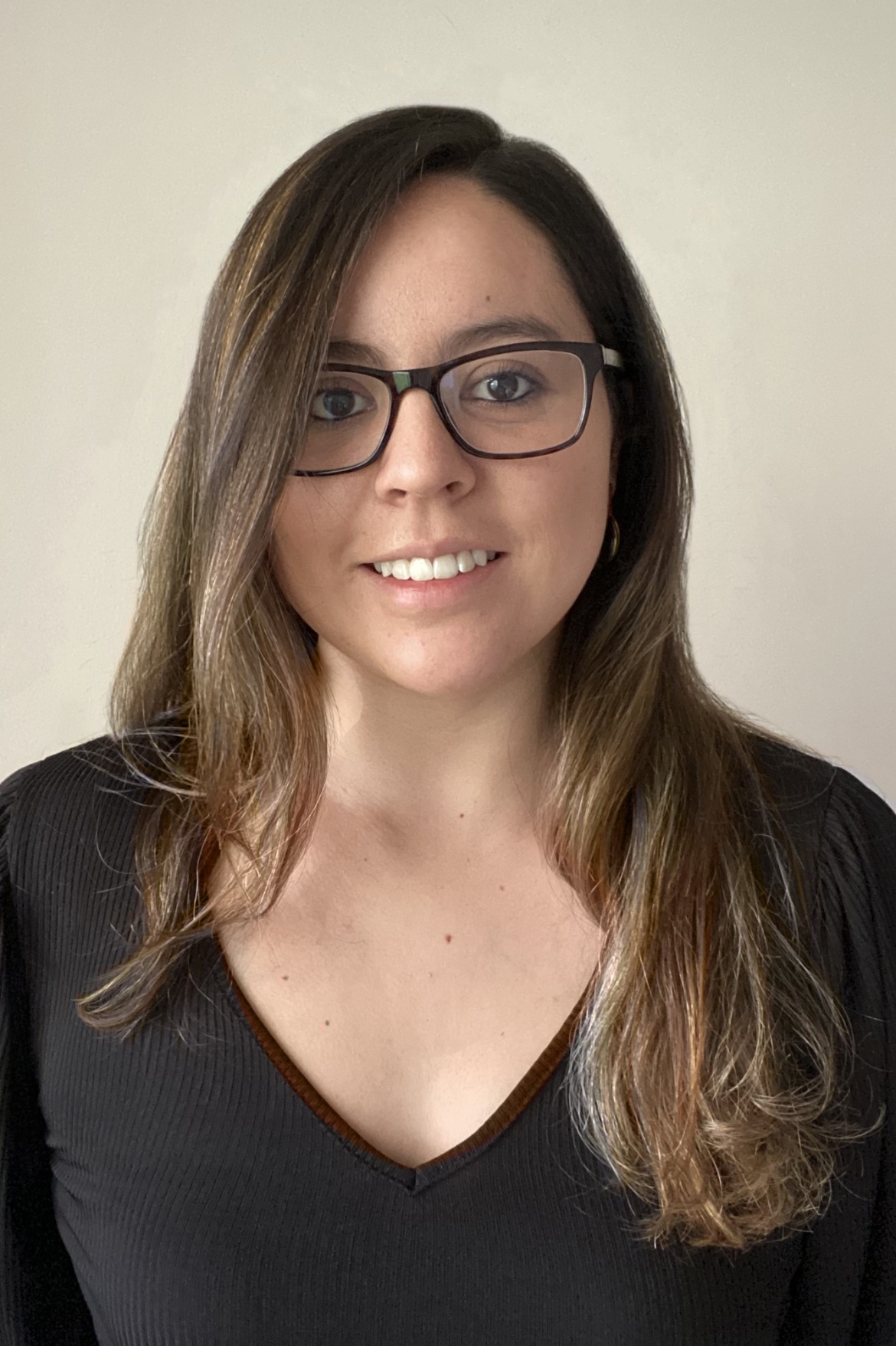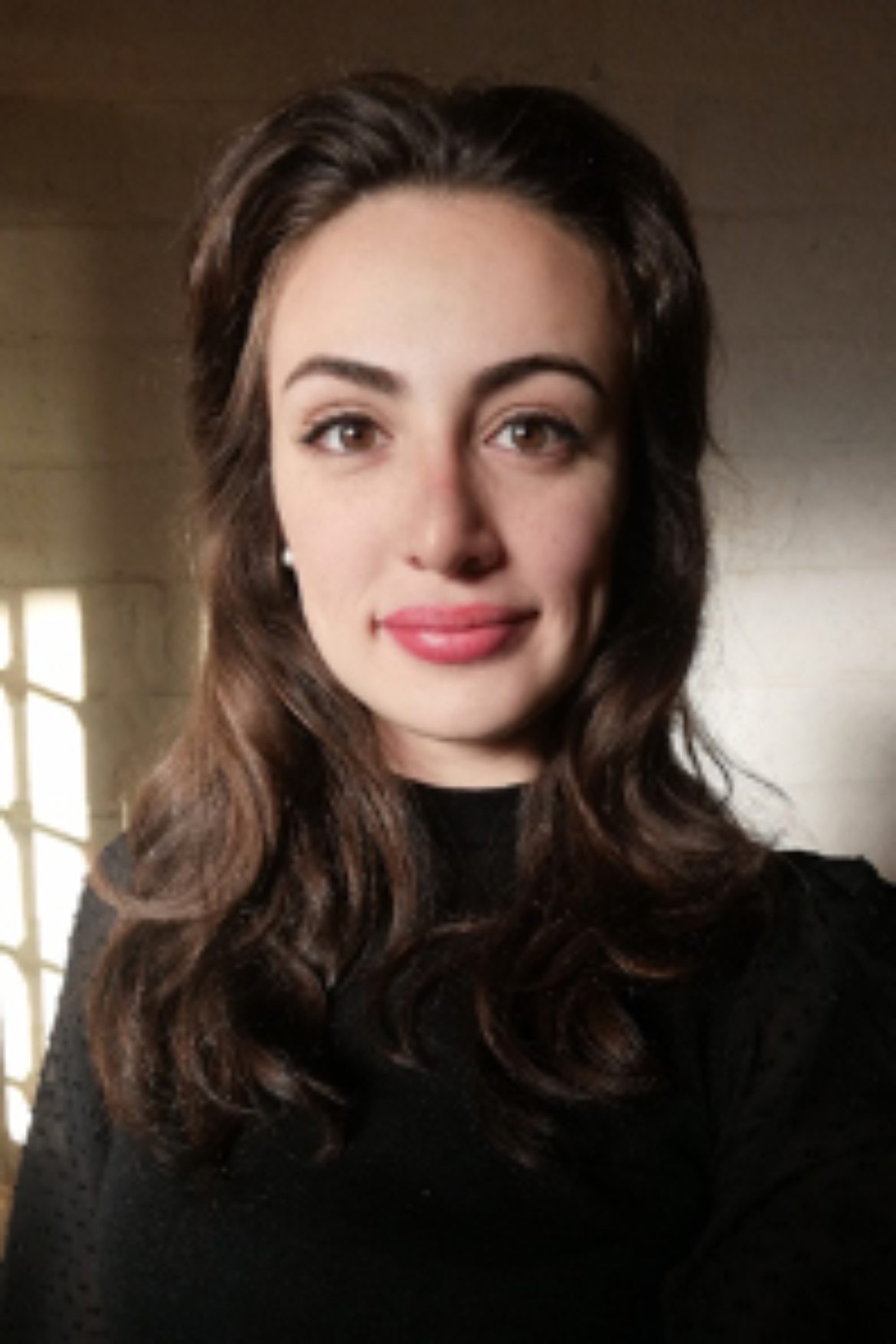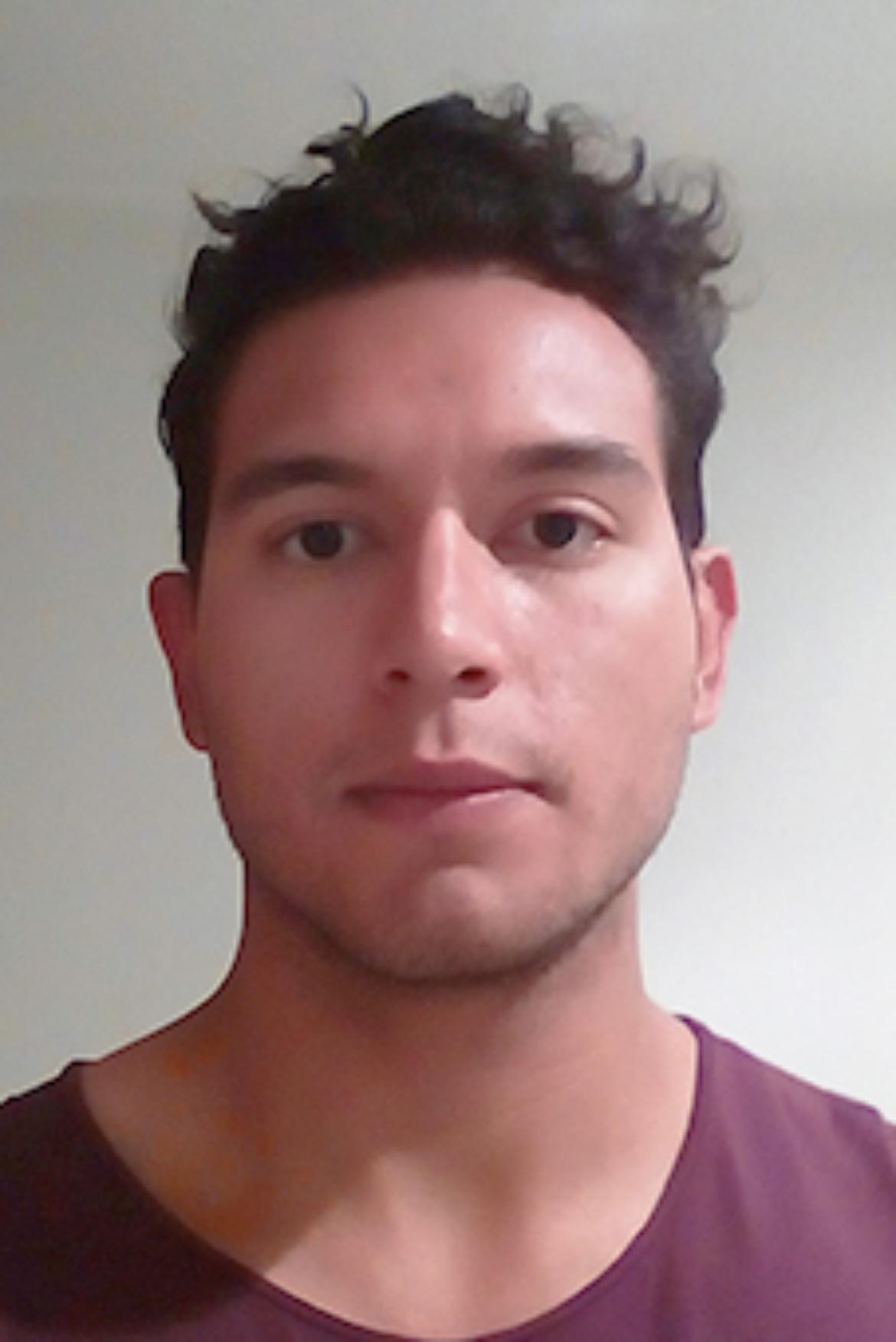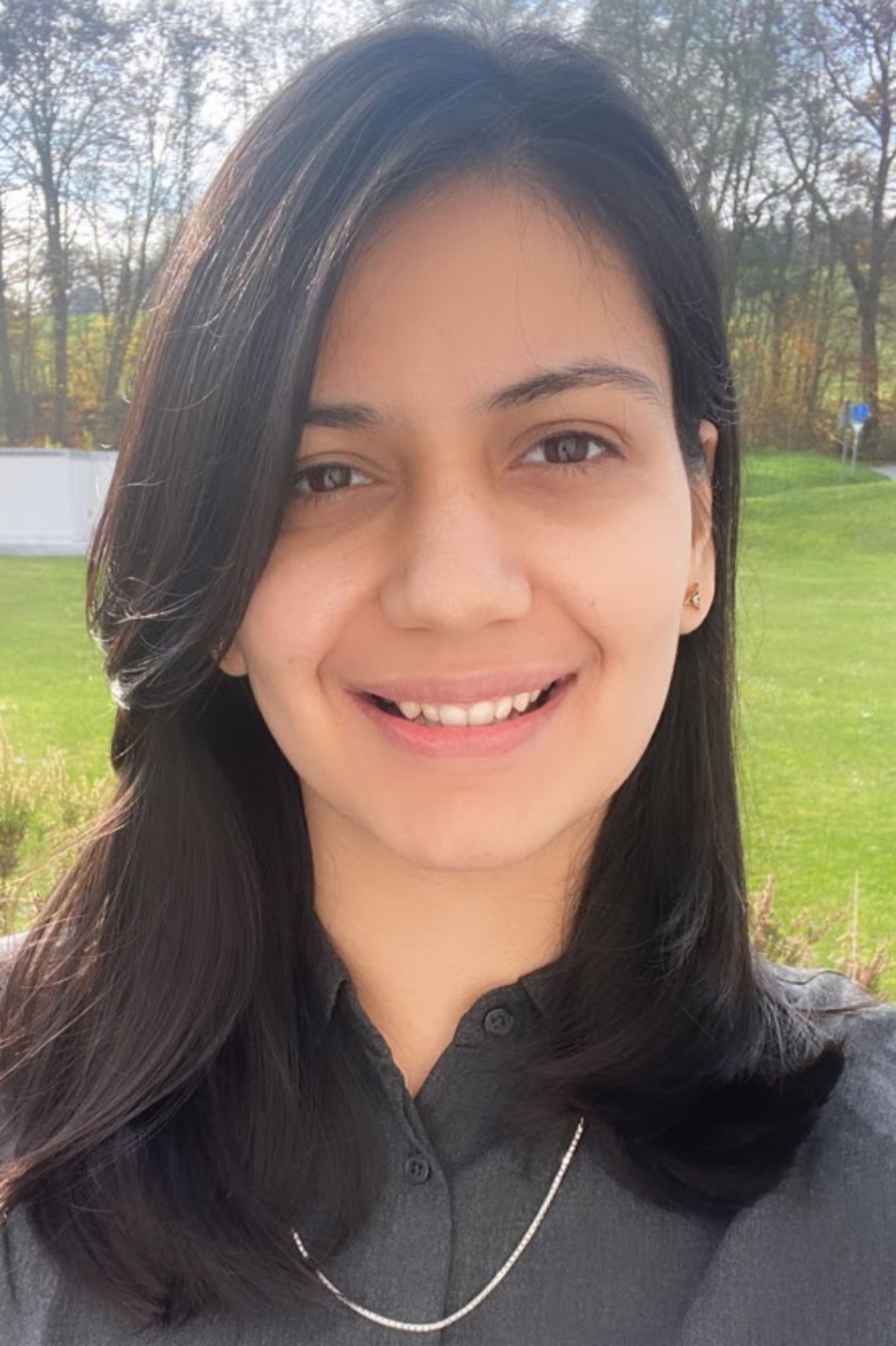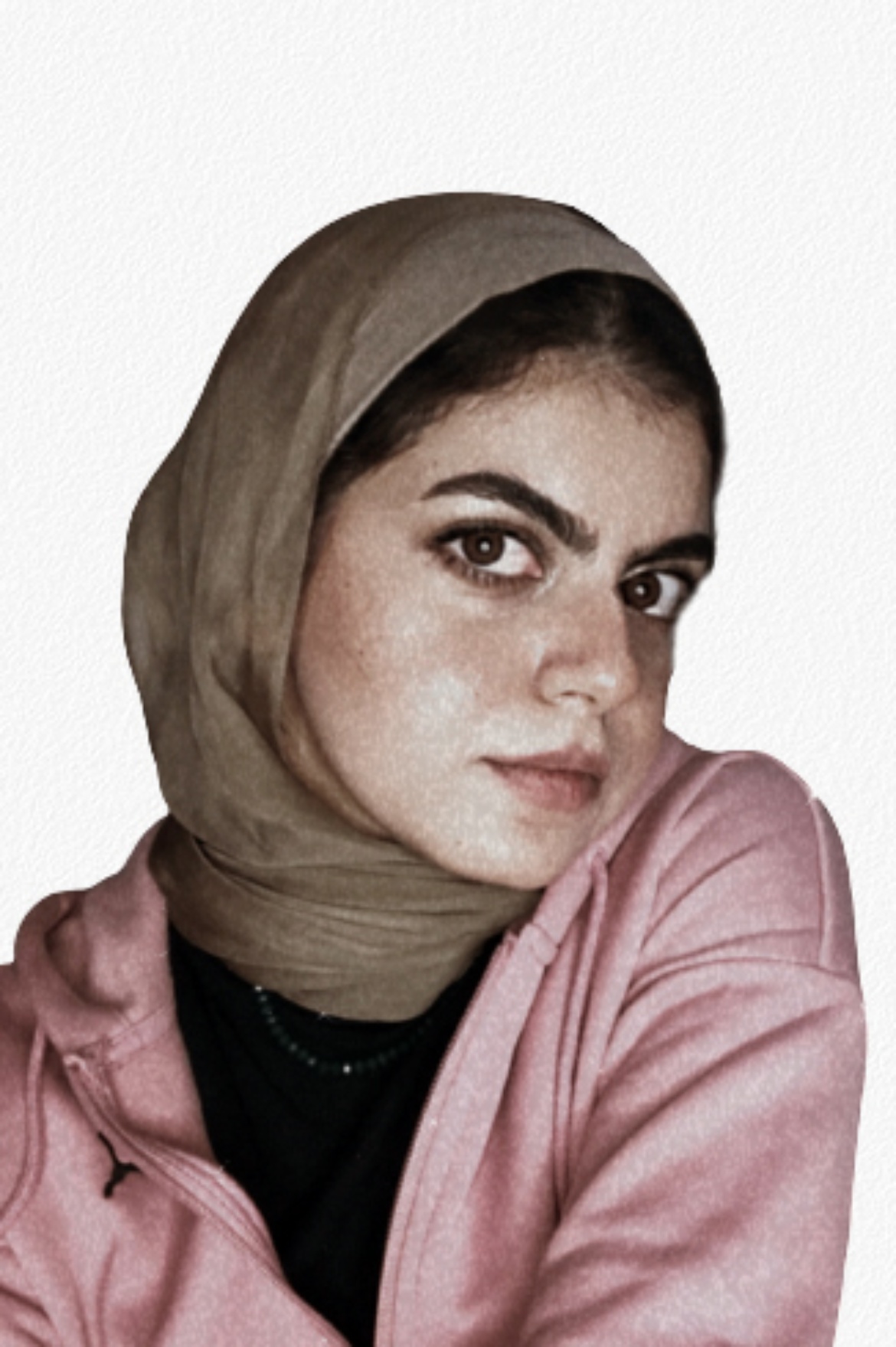Shalakha Reji
Shalakha comes from Kerala, South India. She completed part of her schooling in her home country, and remaining in the Middle East. She graduated from College of Engineering Trivandrum, Kerala in 2017 with a Bachelor of Architecture degree. Her subjects of interest include sustainable building design and participatory urban planning. Following along these lines, she worked on an independent research dissertation studying informal appropriations in urban marketplaces. This involved live case study of the 'Chalai' bazaar in Trivandrum, and concluded with guidelines for a participatory approach involving local vendors in the design process. She also worked on a thesis project integrating local sustainable construction methods into design of a hillside farm-to-table resort in Idukki, Kerala. Apart from this, she participated in several events in related fields: documentations of heritage buildings, rural study of indigenous bamboo crafts of a mountain tribe settlement, housing design project by India's green-rating council GRIHA, etc. After graduation, she briefly worked as research assistant for a heritage restoration project in Thrissur, Kerala. Then, she practiced as an architect in Auroville - an international township in India experimenting & researching on sustainable design. At IUSD, she hopes to further these interests.
Yara ElMaghrabi
Yara (*1994) is a Palestinian–Syrian Refugee who holds a Bachelor's degree in Architectural Engineering from Ain Shams University in Cairo, Egypt. She participated in designing a 300 Feddan Multi-Functional land in San Miguel, Mexico City, Mexico, and worked as an Intern at multiple international offices such as ECG and CLUSTER. After graduating in 2017, she worked as a Research Coordinator Assistant at IUSD where she had the chance to participate and co-coordinate a handful of workshops and excursions. She engaged in projects addressing Climate Change in ElGouna, Resilient Communities in Nuweiba, and Informal Settlements in Helwan. To expand her professional experience, she worked at architectural consulting firms including Arch-Plan and IDG. She collaborated in designing residential, commercial, educational, and administrative projects in the New Administrative Capital and the New Alamein City respectively. Since 2016, she has also been freelancing as an Architect, as a Ghostwriter, and as a Photographer for multiple companies. Her aspiration to make a difference has led her to focus her research interests on Sustainable & Resilient Disaster Relief Housing, Participatory Design, and Usage of Public Spaces.
Melvina Pramadya Puspahati
Melvina Pramadya Puspahati (Jakarta, Indonesia) has graduated her bachelor degree in architecture from Sebelas Maret University, Solo. During her bachelor study, she did volunteer job as an architect in Jagalan Community which is a community organization in Surakarta that focusing on improving quality of abandon space at Kampung Jagalan. At the time, she did a project to enhance potential abandon space along Jagalan river into active public space for villagers, the project name was Selasar Kampung Jagalan. After graduated, she started her first job as a professional urban designer since 2012 -2017 at URBANE and 2018 -2020 at AECOM. She is consistent on her carrier path as an urban designer. She has an enthusiastic in Sustainable Urbanism because she has a vision as an urban designer to create a livable city for people and environment through design. During her working, she has joined Sustainable City & Inclusive City short course program at University of Twente, the Netherlands (2017).
Diana Barrera
Diana was born in Manizales, Colombia, in 1992. She graduated from Architecture at Pontificia Universidad Javeriana in Bogota. Her bachelor´s thesis project addressed rural development issues; Rural Reaction was a strategy for young people to be interested in living and developing in the countryside, avoiding large migrations to the city. She is an architect with interest in interdisciplinary and participatory projects with experience in competitions, urban, architectural and landscape projects. Her work has been focussed on rural development, urban redesign, and climate adaptation. Facing the Water was the first neighbourhood in Cartagena to be adapted to climate change; Binding Traces was a strategy to rethink and to redesign two main squares and the street that connects them in La Tebaida, Colombia, and Caravane is about designing a rural artisan village built with Guadua, the Colombian bamboo. The transversal objective in her work is to empower the communities in their territory and encourage local development to improve their quality of life. That is why IUSD master programme is the key to continue her path with deeper focus on holistic urban and rural projects from a sustainable design perspective and strategies applicable in different scales -global, regional and local- and contexts -countryside and cities.
Makda Dirar Akelom
Makda graduated from Mekelle University with a BSc. Degree in Architecture in 2015, since then she has been working as an assistant lecturer in the university. During her stay, she has participated in teaching, research and community service projects, as an assistant researcher she had a chance to participate in an Erasmus+ funded research project on Social Inclusion and energy management for informal settlements. It is during this project, she started to observe the fundamental nature of urbanization, settlement and built environment in Ethiopia, in comparison to European cases. Her research trip to Eco-housing and participatory planning in the Netherlands, urban upgrading in Kassel and Inclusive Housing projects in Vienna were eye-opener experiences to study and explore different aspects of sustainable urbanization approaches and school of thought. And Through the IUSD program, she hopes to be equipped with the integrated knowledge to contribute to the future of her city and more.
Rumman Mateen
Rumman Mateen graduated as an architect in 2017 from the Faculty of Architecture and Ekistics, Jamia Millia Islamia, New Delhi. During his studies, he took part in various design and research-based national and international competitions highlighting the issues of gender inclusion, sustainable architecture, mixed housing and urban design. His graduation thesis examined and addressed the sensitive issue of communal violence in his native city Bareilly where he designed socially inclusive congregational spaces where people from all parts of the society can live and interact in peace and progressive harmony promoting social participation and cohesion.
As part of his academic internship, he contributed in the participatory design and execution of a primary school in the village of Motidevati Gujarat, India where he got involved with multiple stakeholders and mediated between the village community and design colleagues in Stuttgart and Zurich. In cooperation with one of his university professors, he facilitated the process of constructing 'Wall of Kindness' in New Delhi to help the poor and homeless. After graduation, he joined the Indian office of the architecture and design firm 'Blocher Partners' where he worked for over three years handling various institutional and large scale hospitality projects.
Xu Zirui
Xu Zirui was born in Xi’an, China, in 1996. She got her Bachelor’s degree in Urban and Rural Planning from Xi’an University of Architecture and Technology in 2019. During college time, she actively participated in the urban planning and design competitions and won prizes. After graduation, she became an urban planner and interned in the local urban planning institute. Most of her work is related to urban renewal. In one project, she tried to bond a closer relationship between people, land and birds. This is the first time she mainly considered ecological restoration and animal protection. It also made her aware of the importance of environmental protection, as well as the positive impact of urban planning and design. She hope to use her strength to gain a healthier, sustainable future for cities and regions. And IUSD's philosophy just coincides with her. Besides, she thinks the most fun part of IUSD is it brings together young professionals from different fields to communicate and learn from each other.
Eliana Paola Gómez Acevedo
Eliana Paola Gómez Acevedo (*1994, Bucaramanga, Colombia) graduated as an architect from Universidad Santo Tomas in 2016. Has emphasized her bachelor of science studies on Bioclimatic and quality of life. Developed her final dissertation project with a research on thermal comfort in low-income housing in Bucaramanga. By being part of multidisciplinary teams, Eliana early engaged as an architectural and urban designer in the development of projects with a strong focus on social, economic, and environmental responsibility with private and public stakeholders. In 2018 the Public Architecture Atelier of Bucaramanga (a city hall dependency) won the Karl Brunner Prize in Urban and Landscape Design in the Colombian Biennale of Architects, with Eliana being an active member of the design team. Her professional experience has also given her practical skills in the urban interior design field, and in parallel, Eliana has worked as a consultant on bioclimatic and energy efficiency in buildings.
Öykü Ömür
Öykü (*1995, Antalya, Turkey) completed her Bachelor's in Architecture at MEF University, Faculty of Arts, Design and Architecture, İstanbul in 2018. In her first year as an architecture student, she participated a project ‘’A Bridge to the Dreams’’ which aims to connect seperated parts of the primary schoolyard with a wooden bridge. The project was granted an encouragement award by Association for Architectural Education, Turkey. During her studies she worked in architecture studio in Bangkok, Thailand where she took part in design projects of different scales and typologies. Her enthusiasm to work for people who need help led her to the Laprak Model Village Project in Nepal in cooperation with IAESTE and NRNA. Aim of the project was to re-build Laprak Village which was totally destroyed by the earthquake in 2015. Volunteering on this spesific project she experienced vernacular architecture along with the use of local materials and sustainable design solutions. Following her graduation, she lectured a course at MEF University, Istanbul for eight months. This course was preliminary study for theoretical and applied courses for architecture and interior design students. In the meantime she also executed various workshops at Universities as well as online workshops.
Natalia Urrego Diaz
Natalia Urrego Díaz (1993) completed her bachelor's degree in Architecture at the Pontificia Universidad Javeriana in Bogotá, Colombia. Born and raised there, she grew up in a big city so she was immersed in a diverse urban context since her childhood, which eagered her consciousness of the complexity and charm of human settlements. Before settling for architecture, she started with intercultural exchanges and urban management and development studies, which lead her to question herself about the main role of space designers and urban planners in a global context. As part of her professional experience, she participated in a big educational design project in Bogotá, that made her understand the strong link between space, learning, and social equity inside city centers. This project also allowed her to work in private small scale architectural projects that encouraged her to explore more about sustainable building methods and materials, such as earth and wood which are very well known in some regions or by certain communities of Colombia. As a result of these varied interests, she expects IUSD to be an open door for new integrated knowledge focused on sustainable wellness for human beings and communities she can support. Furthermore, she is also interested in photography, arts and general design.
Wasela Altaher
Wasela obtained her Bachelor's degree in Architecture at the School of Architecture and Built Environment of the German Jordanian University (GJU) in 2018, and completed and exchange semester in urban planning at the Technical University of Dortmund in 2016. Post-graduation, she joined the international development sector where she helped improve the learning environment at public schools in Jordan and host communities with a specific focus on early childhood and the concept of learning through play. It was through her work in development, and working closely with stakeholders and ministries that she became interested in the larger scale of achieving change through urban policies and strategic planning. Wasela is interested in the effect physical spaces can have on the psychological and social patterns in communities, and is very passionate about bridging the gap between humanitarian and development work specifically in migration and displacement contexts.
Alfred Palacios
Alfred graduated in 2015 as an industrial designer from the largest public university in Colombia. His research thesis sought to propose and organize a scheme for the correct application of participatory research tools in communities seeking social innovation. After graduation, he started working in a company that designs products for medical and scientific research. He worked as the leader of the research and design department where he proposed the implementation of cutting-edge technology in products related to the in-door cultivation of plants for consumption. During the last five years, he has worked on different projects with local entities in the development of spaces for education, such as the design and supervision in the construction of the national soil museum in Bogotá. In addition, he has participated in very specific technical activities for the development and design of the new “tropicario” of the botanical garden of Bogotá. He has also participated as a mentor and volunteer in co-creation processes together with a platform in Bogotá dedicated to linking professionals and students of undergraduate with local producers, farmers, artisans and emerging ventures for the implementation of innovation processes in order to improve productivity, profitability and the lifestyle of people with limited resources.
Girisha Sethi
Girisha Sethi (1994) is a graduate architect from New Delhi, India working at the intersection of architecture, research and social design. Her interests and experience lie in the phenomenology of spaces and places, vernacular architecture, participatory design and social practice.
Her graduation thesis investigated and proposed for Integrated Multi-modal Transportation in a zero-energy hub to simultaneously create a vibrant public space for the city, bringing together transportation and placemaking. Later, advocacy and collaborative planning allowed her to work with the Government of New Delhi on their initiative to redevelop the local bus terminals of the city.
She has worked in the urban realm through various players - architects, planners, researchers, government agencies and non-profit organisations in the humanitarian sector, and through contrasting approaches including both top-down and bottom-up.
Her project with the Disasters and Emergencies Preparedness Program (DEPP) Innovation Lab and the Council for Arts and Social Practice (CASP) – are two collaborations hinged in participatory planning, that shape her design approach.
Her motivation to join IUSD is to be able to decode the multi-faceted, multi-layered, complex system of systems that a city is and the mutual interdependencies of the various socio-spatial and meaning systems that make a city.
Noorhan Reda
Noorhan Reda (1996) has studied Architecture and Urban Design at the German University in Cairo. She has graduated in 2019 and worked at Megawra Built Environment and Line Designs Studio. Her experiences lie in urban design, participatory design and social practice. She always had an interest in urban design because she believes it is a study that shapes the city by connecting people and places. Her bachelor’s thesis project addressed a new interpretation of ‘Darb El Barabra – The Light District’ by rethinking the urban typologies. During her college years, while working on an urban human scale project, she participated in urban researches that focus on informal settlements of Mit Akkaba, Cairo. The design investigates the built environment, the behavior of the people and its social system; later the observation and analysis were developed into a micro urban intervention and strategic urban development for Mit Akkaba’s vision. As well as, under the title of ‘Rebranding Egyptian Cities’ with the supervision of Prof. Hussam Salama, she participated in forming the masterplan of the New Alamein City. Her motivation to join the IUSD is to experience advanced training in the field of Urban Design and contribute to a future of a resilient city.
Noor Adel Sobhi Ibrahim
Noor (Cairo,1994) has completed her bachelor degree in Architecture in 2017. Alternating between Academia and practice, Noor worked as teaching assistant and researcher as well as a practicing architect with architecture firms in Cairo. Her interest towards participatory projects started after winning in a design competition for Eco-Nubia ecolodge in upper Egypt. After her internship in Mumbai, India her vision was broadened and an interest grew towards learning about marginalized communities. Passionate about humanitarian design and community development, her thesis at the University of Stuttgart focuses on the empowerment of marginalized women in the rural village of Fayoum in Egypt. Since 2017, she has worked as a content writer and as a freelance graphic designer for multiple websites such as Arch2O. She is also a published co-author for a book titled “: Cinematic Cairo” for her chapter “Egyptian Women’s changing Roles”, which was published by the American University in Cairo Press in 2022. Her fields of interest include urban sociology, heritage, history, environmental behavioral studies, feminist urban planning, and visual studies.


